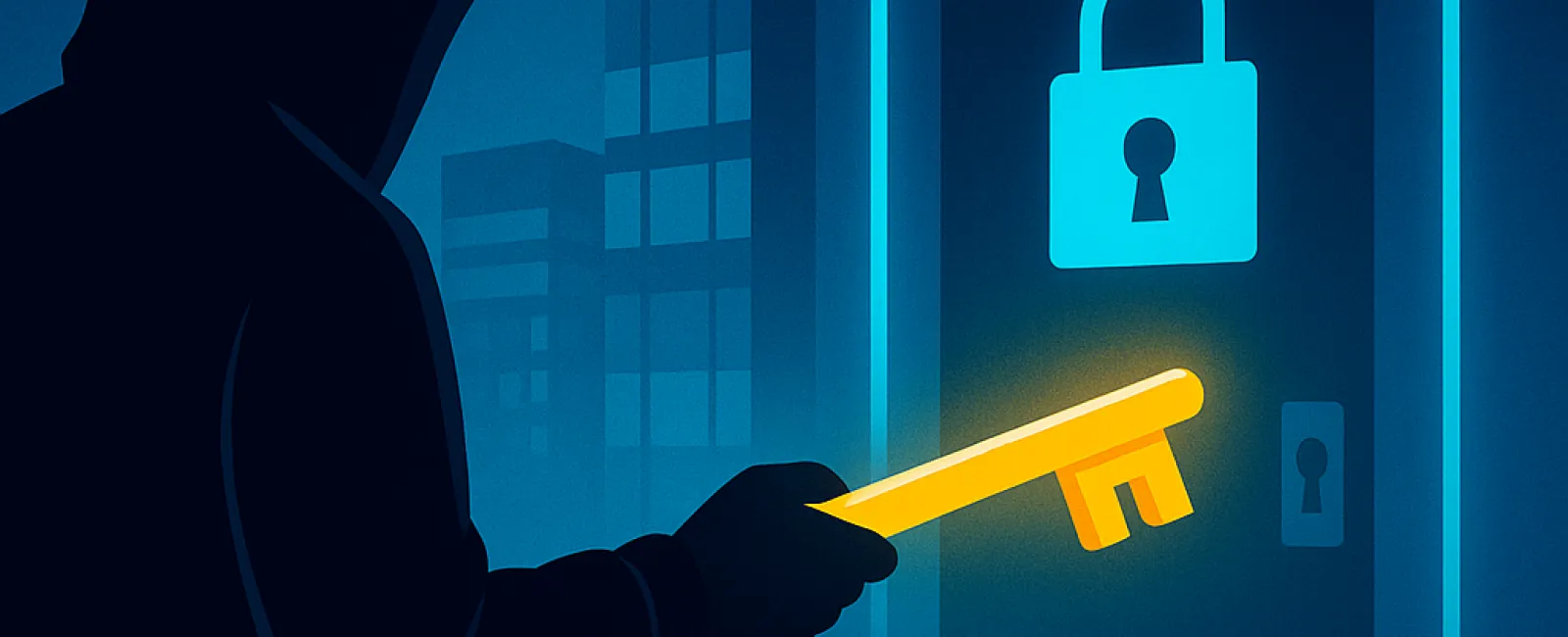August 04, 2025
Cybercriminals are evolving their tactics against small businesses. Instead of brute force, they're quietly gaining access using stolen login details—your digital keys.
This method, known as an identity-based attack, has surged to become the leading way hackers infiltrate systems. They steal passwords, deceive employees with counterfeit emails, or bombard users with login requests until someone unwittingly grants access. Sadly, these strategies are proving highly effective.
In fact, recent data shows that 67% of major security breaches in 2024 stem from compromised credentials. Even industry giants like MGM and Caesars suffered these attacks the year prior—proving that no business is immune, including yours.
How Do Hackers Gain Entry?
Most breaches begin with something as simple as a stolen password. But hackers are constantly refining their techniques:
· Phishing scams: Fake emails and fraudulent login pages trick employees into revealing sensitive information.
· SIM swapping: Cybercriminals hijack your phone number to intercept two-factor authentication (2FA) codes sent via text.
· MFA fatigue attacks: Attackers flood your device with approval requests until someone inadvertently authorizes access.
Additionally, hackers target personal employee devices and third-party vendors like help desks or call centers as backdoors into your network.
Protect Your Business with These Essential Steps
Good news: safeguarding your company doesn't require advanced technical skills. Implement these straightforward measures to strengthen your defenses:
1. Enable Multifactor Authentication (MFA)
Add an extra layer of security by requiring multiple verification steps. Opt for app-based or hardware security key MFA, which are far more secure than SMS codes.
2. Educate Your Team
Train employees to recognize phishing attempts and suspicious activities. A well-informed team is your first line of defense.
3. Restrict Access Privileges
Grant employees only the permissions necessary for their roles. Limiting access minimizes damage if an account is compromised.
4. Adopt Strong Password Practices or Go Passwordless
Encourage use of password managers or advanced authentication methods like biometric logins and security keys to eliminate reliance on passwords.
The Bottom Line
Hackers relentlessly pursue your login credentials with ever more sophisticated tactics. Staying protected doesn't mean you have to face this challenge alone.
We're here to help you implement robust security solutions that safeguard your business without disrupting your workflow.
Wondering if your business is at risk? Let's talk. Click here or give us a call at 804-796-2631 to book your 15-Minute Consult.




